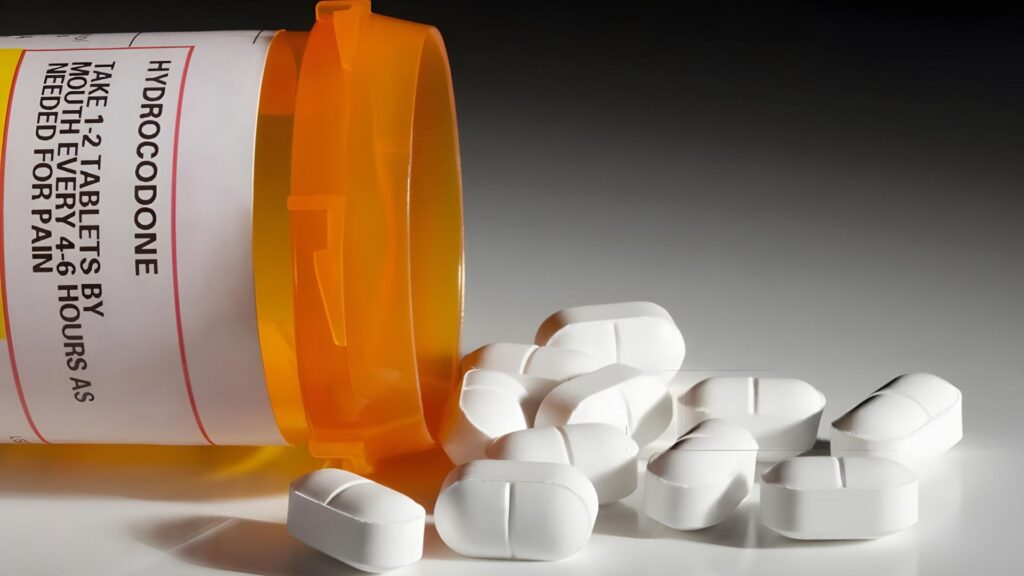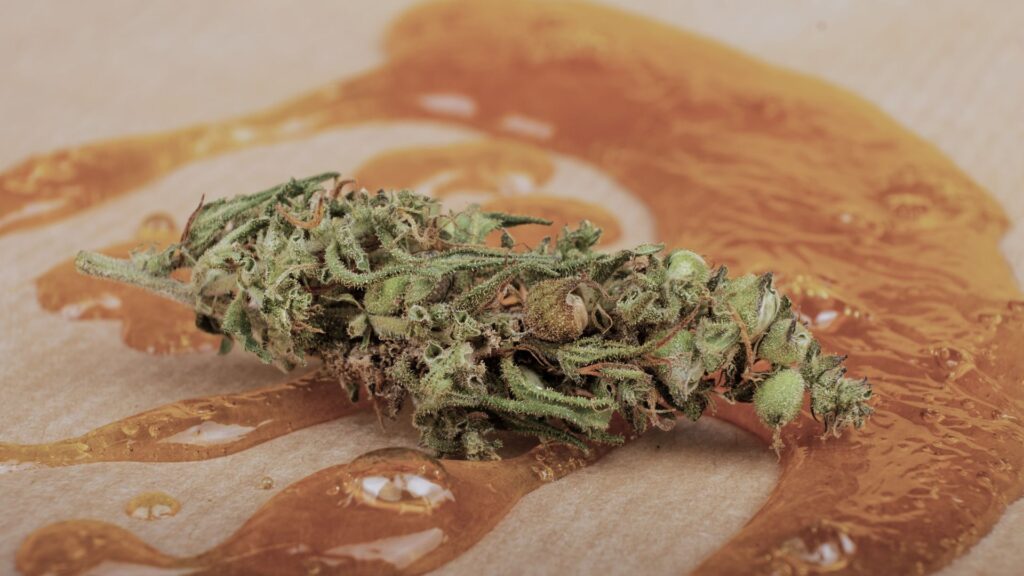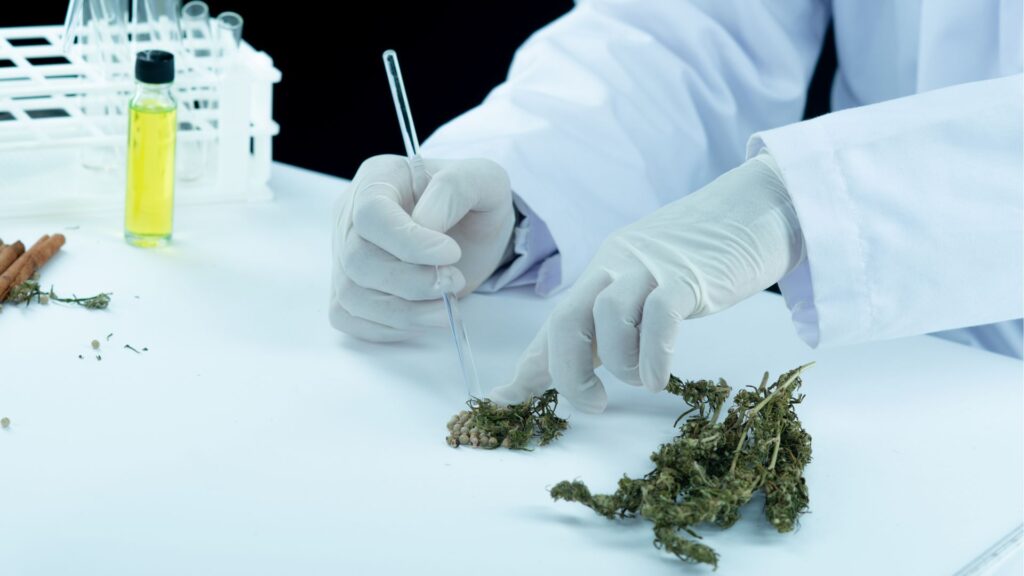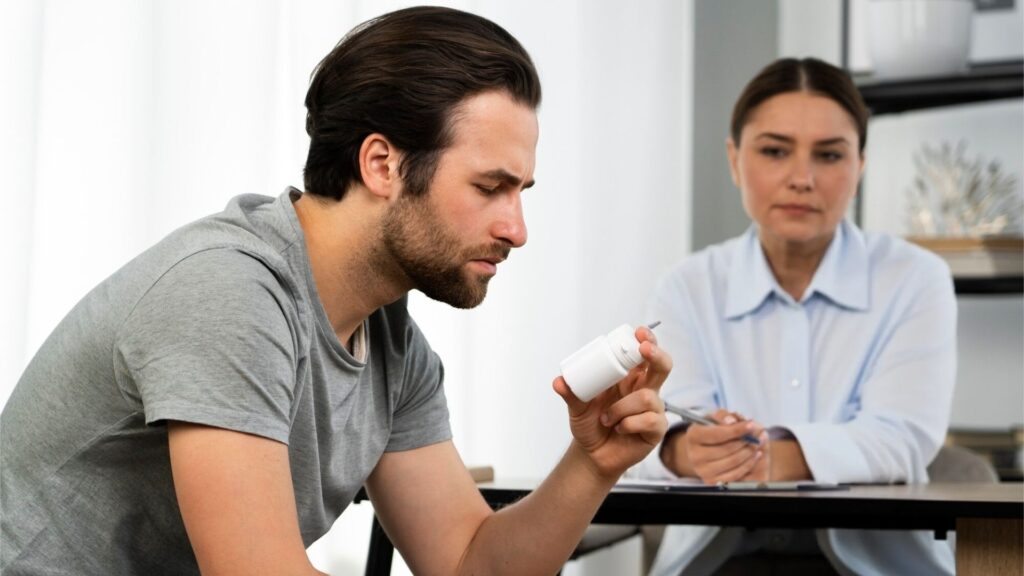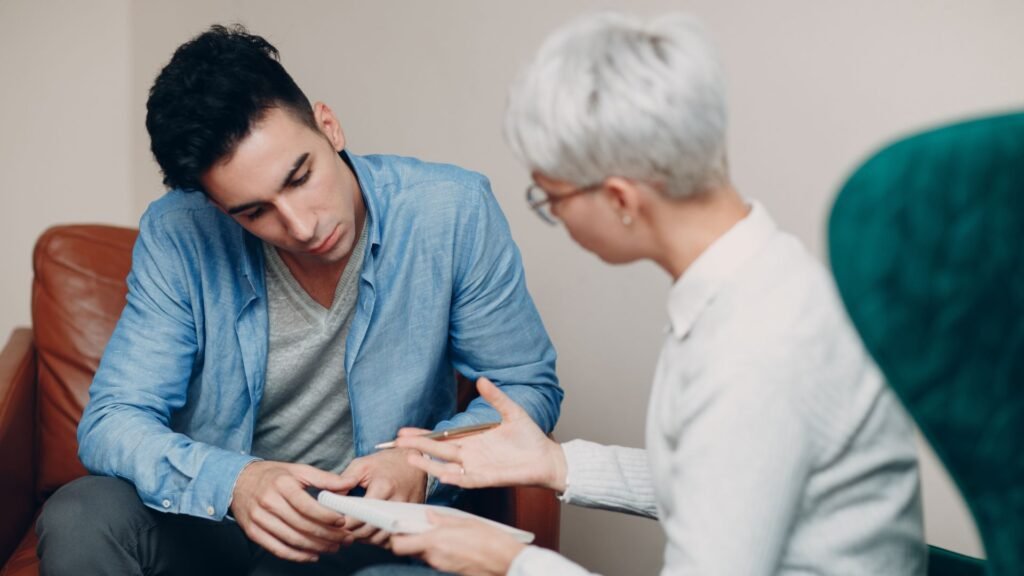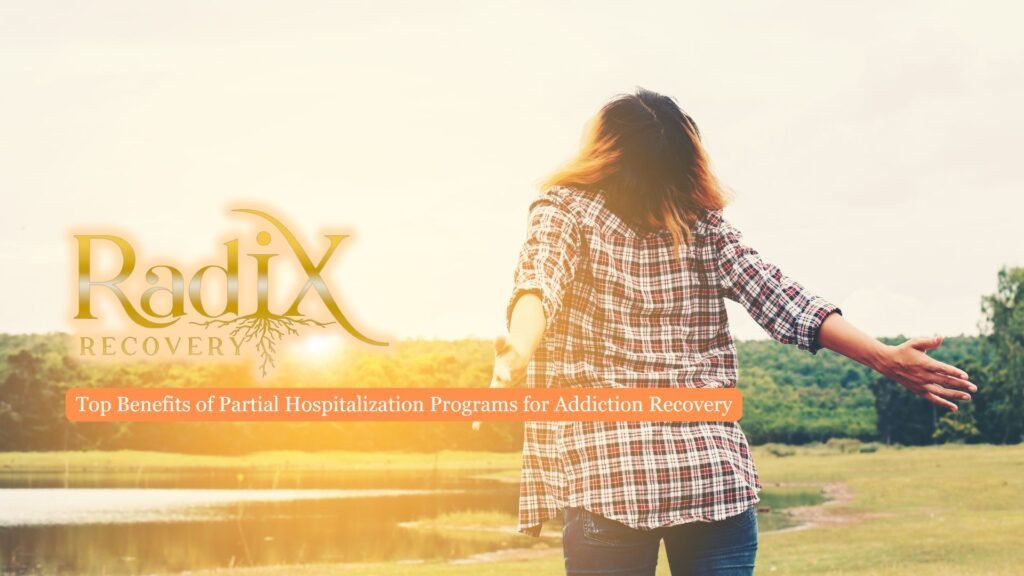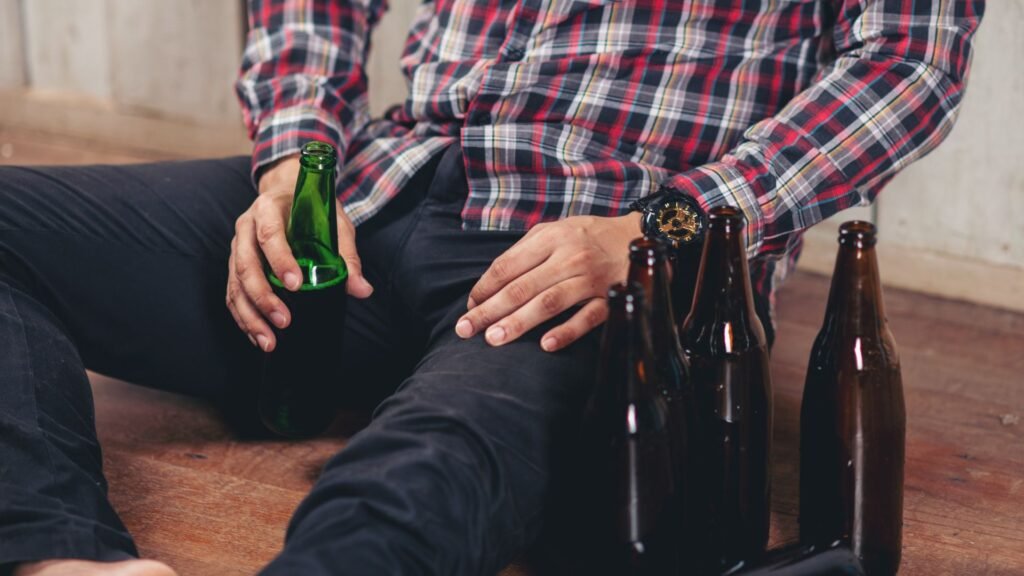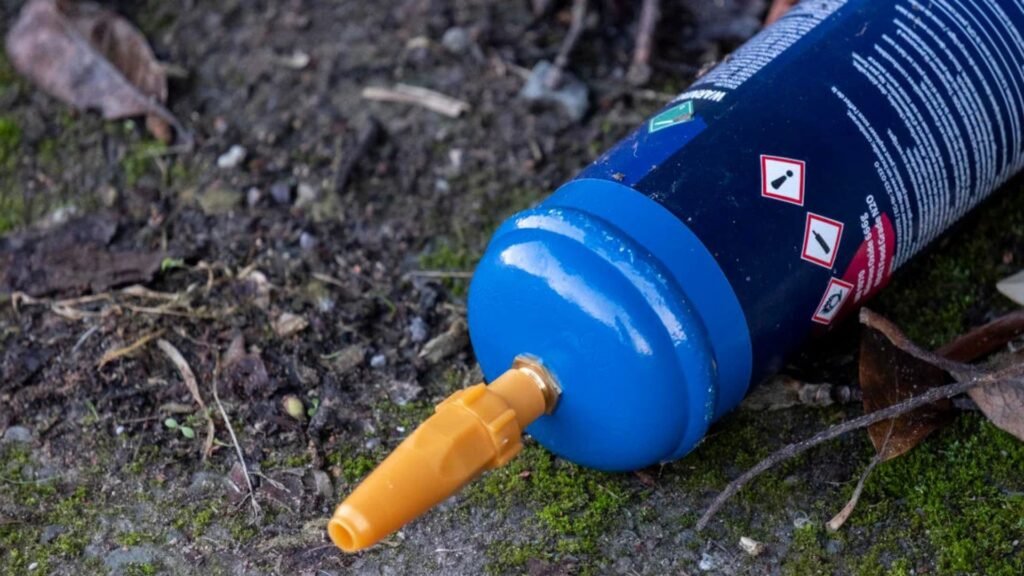If you suspect that someone you love is struggling with drug abuse, it’s essential to pay attention to the signs. By observing changes in their behavior, appearance, and social interactions, you can gather evidence to support your concerns. While it’s a sensitive issue, trust your instincts and consider seeking professional guidance to navigate the situation effectively.
In this article, we give you some tips to help you identify potential red flags and take appropriate action to support your family member.

Tips for Finding Out if a Loved One Is Addicted to Drugs
If you suspect a loved one is struggling with drug addiction, there are several signs you can watch out for. To help clarify your concerns, you can encourage your loved one to take a confidential self-assessment, such as this drug addiction quiz, which can provide further insight into their situation. Taking the “Am I a Drug Addict?” quiz may be a helpful first step toward understanding the severity of the problem and deciding whether to seek professional support.
Observe for Consistent Changes in Behavior and Appearance
When trying to determine if a loved one is using drugs, consistently observe their behavior and appearance for noticeable changes.
Common signs that someone uses or has started using drugs include altered physical appearance, such as sudden weight fluctuations, poor hygiene, and bloodshot eyes. Behavioral changes like increased secrecy, mood swings, and loss of interest in once-enjoyed activities are also symptoms of drug addiction.
Monitor for Secretive Actions or Withdrawal from Social Circles
People struggling with drug addiction often become increasingly secretive about their activities and withdraw from their usual social circles. If you notice your loved one making excuses to avoid social gatherings or family events, it could be one of the signs and symptoms of a substance use disorder.
Look for Physical Evidence Such as Paraphernalia or Unexplained Smells
Suspicious items or unusual smells can be telltale signs that your loved one is using drugs. Be on the lookout for physical signs of substance use, such as drug paraphernalia, including pipes, syringes, or small baggies.
Unexplained chemical odors or smoke residue may also point to drug addiction. Other signs of addiction include changes in appearance, like track marks or burns on the lips or fingers.
Pay Attention to Changes in Sleep and Eating Habits
Disruptions in your loved one’s sleep and eating patterns is one of the warning signs that they’re struggling with drug addiction. Substance abuse often leads to changes in how an individual eats or in their sleeping patterns.
Track Financial Irregularities or Missing Valuables
Unexpected financial problems or missing valuables can be telltale signs that your loved one has become addicted to drugs.
If you notice they’re constantly asking for money, have unexplained expenses, or valuables go missing, it could point to drug and alcohol use.
Track financial irregularities like unpaid bills, maxed-out credit cards, or drained bank accounts.
Pawning possessions, stealing, or engaging in illegal activities to acquire money for drugs are red flags that someone you love may be using drugs.
Note: Declining Performance at Work or School
When a loved one’s work or academic performance takes a nosedive, it could signal they’re battling drug addiction. Declining performance at work or school is one of the key symptoms of drug use.
As their addiction progresses, they may struggle to keep up with assignments, miss deadlines, or frequently call in sick. These behavioral changes often coincide with financial problems and withdrawal from family.
Be Alert to New Friends or Changes in Social Groups
Along with personality changes, pay close attention to your loved one’s social circle.
If you notice they’re hanging out with new friends and pulling away from old ones, it could indicate drug use. Your friend or family member may also become defensive when questioned about these new associations. While not conclusive, sudden shifts in social networks combined with other symptoms of drug use warrant concern.
Listen for Vague or Inconsistent Explanations for Absences or Injuries
If your loved one frequently offers vague or inconsistent explanations for absences from work, school, or family events, it could be a sign they’re struggling with drug addiction.
Listen for vague or conflicting reasons for injuries, as these may indicate drug use. Inconsistent explanations are among the key symptoms of drug addiction to watch for when trying to tell if someone is using drugs.

Trust Your Instincts and Seek Professional Guidance if You Suspect Substance Use
When you suspect a loved one is using drugs, it’s essential to trust your gut feelings. If you’ve noticed signs and symptoms of drug addiction, such as changes in behavior, appearance, or social circles, it’s time to take action.
Remember that drug and alcohol use isn’t always obvious, and your loved one might go to great lengths to hide their substance use. Seeking guidance from a professional specializing in drug or alcohol addiction treatment before your loved one loses control of their drug use can help you navigate this challenging situation.
They can provide insights into the symptoms of drug addiction and offer strategies for addressing your concerns with your loved one. Don’t ignore your instincts; early intervention is key to preventing the escalation of illegal drug use and promoting recovery.
How to Approach Your Loved One
Approaching someone about their drug use should be done thoughtfully, at a time when they’re sober and open to conversation. Speak with care and avoid judgment, focusing on specific concerns rather than blame. Show support and offer help in exploring аddiction treatment options if they’re receptive.
Final Thoughts from Radix Recovery
Knowing if a loved one is using drugs can be challenging, but there are several signs that may indicate substance abuse. If you suspect drug use, stay calm and nonjudgmental. Share your concerns, listen openly, and encourage seeking professional help. Offer support and information on treatment options.
At Radix Recovery, we understand that overcoming addiction is a multifaceted journey that demands consistent support and dedication. Our substance use disorder treatment programs in Cedar Rapids are designed to guide individuals through every phase of recovery using evidence-based methods and a structured, compassionate approach. Whether you’re seeking help for yourself or someone close to you, we offer the tools and guidance needed to build lasting change and sustain sobriety.

